This year, we asked medical, research, and public health trainees to describe an unanticipated ethical issue they have encountered and the strategies used to address it.
The winning essays are published in the July 17th issue of The Journal of Clinical Investigation.
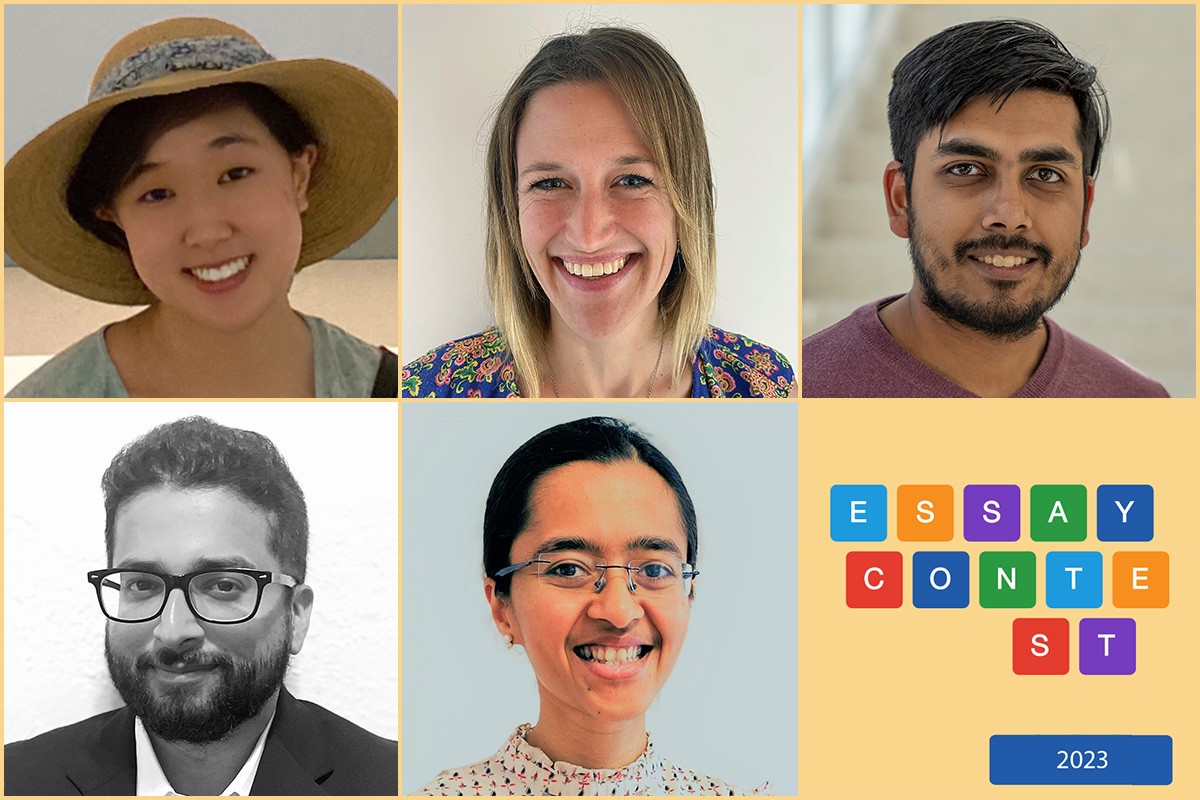
After reading their essays, we were excited to learn more about our winners. Watch the interviews to find out who inspires them, what is the best part of doing research, and what the next big thing in their field will be.
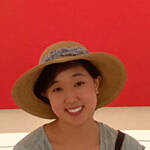
Allison R. Chen, Cornell University
Allison is a PhD candidate in the Biomedical Engineering Department. Her research is in lipid nanoparticle targeted delivery of ubiquibody mRNA in the laboratories of Matt Delisa and Chris Alabi. She earned her BS in Bioengineering from the University of California San Diego. Allison aspires to bring forth novel technologies from the bench to the clinic to advance drug therapeutics. She is a recipient of the National Science Foundation Graduate Research Fellowship. She credits many of her scientific endeavors to the support of her great mentors, teachers, family, and friends. Outside of science, Allison enjoys cooking, reading, and dancing.
Who inspires you as a scientist?
Allison is inspired by two scientists: Robert Langer and her mother.
What is your favorite part of doing research?
Allison loves the community of science.
What do you think the next big thing in your field will be?
Allison believes AI will continue to have a big impact in discovery research.
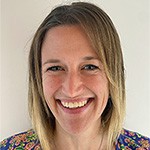
Louise O. Downs, University of Oxford, UK
Louise is a second year PhD student at Oxford University and a Specialist Registrar in Clinical Infection at Oxford University Hospitals. Her PhD led her to Kilifi, Kenya, where she has set up a testing program for chronic hepatitis B virus infection (HBV) in the local hospital with support from the KEMRI-Wellcome Trust Research Program. She is interested in developing better clinical care for those living with HBV in low resource settings. She aims to enable access to improved diagnostics and treatment and to help determine how HBV makes people unwell. She moved with her husband and two young children to Kenya, and they are all embracing the challenge of living in a new country.
Essay: Is a Test Better Than No Test When There Is No Treatment?
Who inspires you as a scientist?
Louise shares what spurred her interest in infectious diseases as a child and who her role models are.
What is your favorite part of doing research?
Louise loves working with patients.
What do you think the next big thing in your field will be?
Louise is eager for the day when all patients have access to hepatitis B prevention and care.
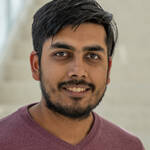
Ayush Kumar, University of Massachusetts, Chan Medical School
Ayush Kumar is a 5th year MD-PhD student at the University of Massachusetts Chan Medical School. He immigrated to the United States as an infant with his parents and graduated as the valedictorian of the engineering school at Washington University in St. Louis. Ayush is now completing his thesis research in Arthur Mercurio’s laboratory focusing on breast cancer resistance to radiotherapy. In the future, Ayush plans to become a radiation oncologist and use systems biology-based approaches to uncover the development of radioresistance in cancer. In his free time, Ayush enjoys playing basketball, hiking, and swimming.
Essay: Using HG1222 — A Perspective Into the Ethics of Collecting Biospecimens
Who inspires you as a scientist?
Ayush is inspired by his father, who is also a scientist, and by former NASA engineer Homer Hickam.
What is your favorite part of doing research?
Ayush enjoys the scientific process and always looks forward to sharing his results with others.
What do you think the next big thing in your field will be?
Ayush is excited about the integration of AI and biosensor technologies into telehealth.
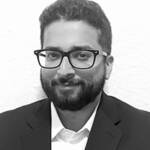
Salman E. Qasim, Icahn School of Medicine at Mt. Sinai
Salman earned a PhD in Biomedical Engineering at Columbia University, and fell in love with New York. Salman is now a postdoctoral researcher in the Center for Computational Psychiatry and Department of Neuroscience at the Icahn School of Medicine at Mt. Sinai. He has always been interested in how complex human cognition emerges from basic neurobiology, and has spent his research career trying to understand the information contained in direct human brain recordings. Salman has a special interest in untangling the brain circuits underlying human decision-making and emotion, and how they affect memory — particularly in psychiatric disorders. Outside of the lab, he loves to explore New York City, and is an avid reader and movie-goer. He wishes he had been born early enough to consult on the Pixar movie Inside Out.
Essay: The Human Brain: The Final Frontier and the Wild West
Who inspires you as a scientist?
Salman is inspired by Edward Tolman’s science and ideals.
What is your favorite part of doing research?
Salman says that nothing beats the thrill of discovery.
What do you think the next big thing in your field will be?
Salman looks forward to the day when naturalistic (outside of the laboratory) human neuroscience studies are possible.
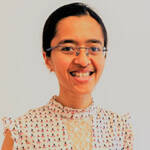
Sneha P. Rath, Mass General Hospital, Harvard Medical School, Broad Institute of MIT and Harvard
Sneha Rath was born and raised in Mumbai, India and moved to the United States at the age of 15. It was during her undergraduate years that she formed an enduring attachment to research, thanks to many generous and passionate mentors who took her under their wing. As a graduate student, she studied innate immune response under the mentorship of Alexei Korennykh at Princeton University. Sneha is currently a postdoctoral fellow and an NIH K99/R00 awardee training in mitochondrial biology and genomics with Vamsi Mootha. Besides research, she enjoys art-related activities (painting, embroidery, etc.) and outdoor adventures, especially kayaking and hiking.
Essay: Cementing the Bricks
Who inspires you as a scientist?
Sneha finds inspiration from her mentors and from everyone who interacts with science in their daily lives.
What is your favorite part of doing research?
Sneha loves the anticipation of finding out the results of an experiment.
What do you think the next big thing in your field will be?
Sneha tells us what’s next for mitochondrial disease research.
